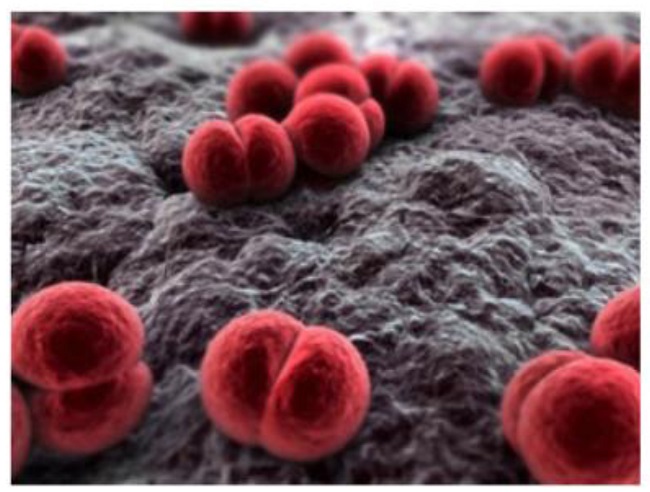 The Neisseria meningitidis protein
The Neisseria meningitidis protein
In a webinar presentation entitled the ‘Application of DSC to structural studies on meningitis vaccines’, which is now freely available on the Malvern Panalytical’ website, Dr David Staunton, Lecturer in Biochemistry at the University of Oxford (UK), explains why he recommends the use of Differential Scanning Calorimetry (DSC) as a first line technique when characterizing recombinant proteins.
Reviewing DSC alongside other methods used for protein characterization, including thermal shift techniques, Dr Staunton examines the advantages and limitations of each. He concludes that DSC is a ‘gold standard in stability characterization’ that should be used first to identify protein melting points and to confirm other techniques, and emphasizes the importance of fully automated systems in efficient screening. http://bit.ly/PR3142Event
Describing the use of DSC and other techniques in studies of Factor H binding protein (fHbp) as a vaccine candidate for Neisseria meningitidis, Dr Staunton draws on a recent co-authored paper ‘Nonfunctional Variant 3 Factor H Binding Proteins as Meningococcal Vaccine Candidates’ (Infection and Immunity, 2014 Mar;82(3):1157-63).
The study examines existing vaccination methods and how efforts have been made to design functionally inactive but immunogenic vaccine candidates, such as fHbp. The authors reported work that included the use of a Malvern Panalytical MicroCal VP-Capillary DSC system to perform all DSC experiments.
Since DSC was introduced in the early 1960s it has found many applications in life science and pharmaceutical development. It is always very exciting to see new application areas such as this one evolving and new methodologies developing.
Natalia Markova - Principal Scientist for MicroCal systems at Malvern Panalytical
The Malvern Panalytical MicroCal VP-Capillary DSC is a highly sensitive, fully automated, high-throughput differential scanning calorimeter. It offers unattended operation for 24-hour working and provides integrated software that is designed to streamline both workflow and data analysis. Consequently the system delivers results in hours and enables improved productivity in multiple areas of biopharmaceutical research.
To view the webinar ‘Application of DSC to structural studies on meningitis vaccines’ click here.
To find out more about Malvern Panalytical’s Differential Scanning Calorimeter click here.